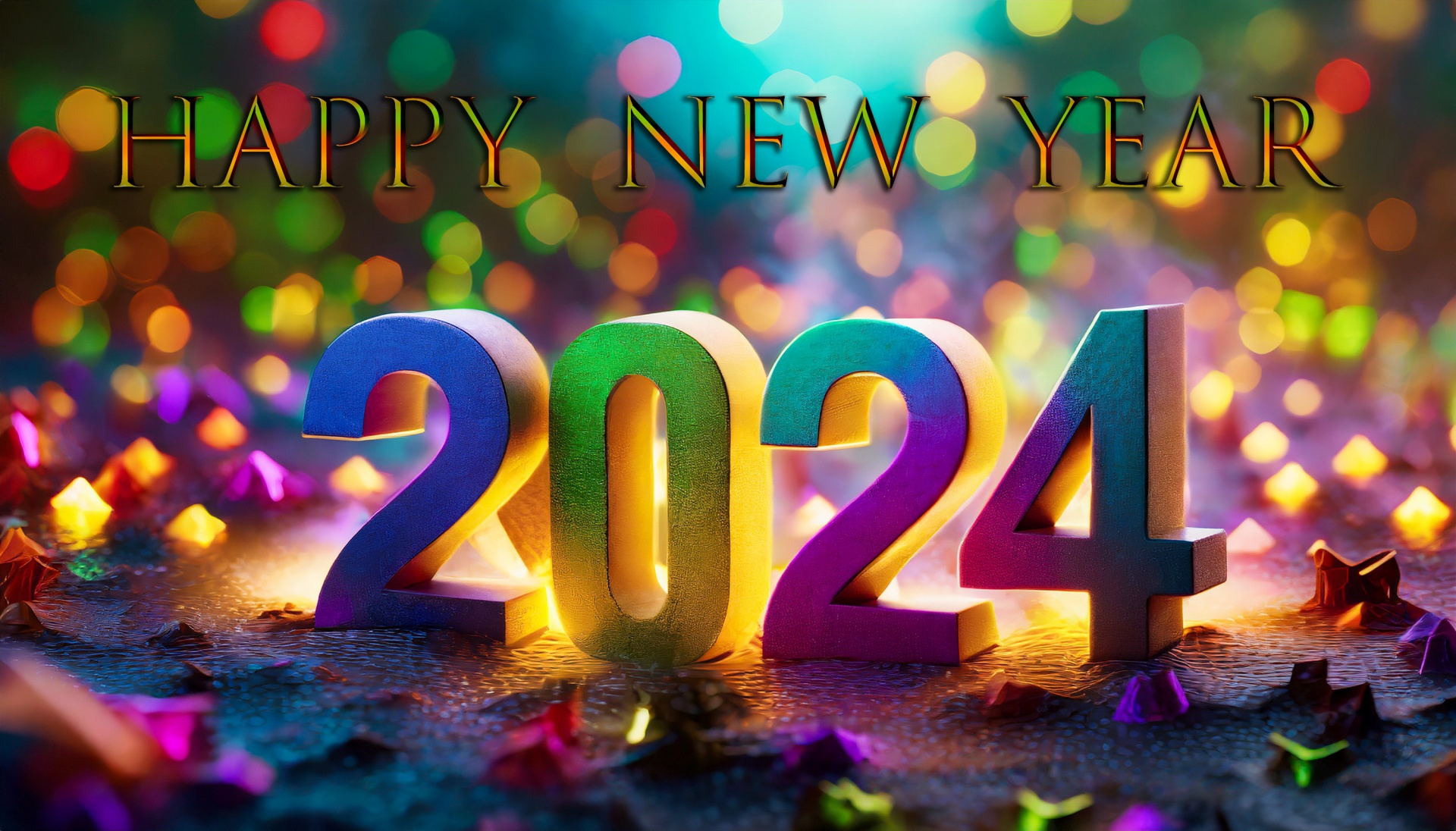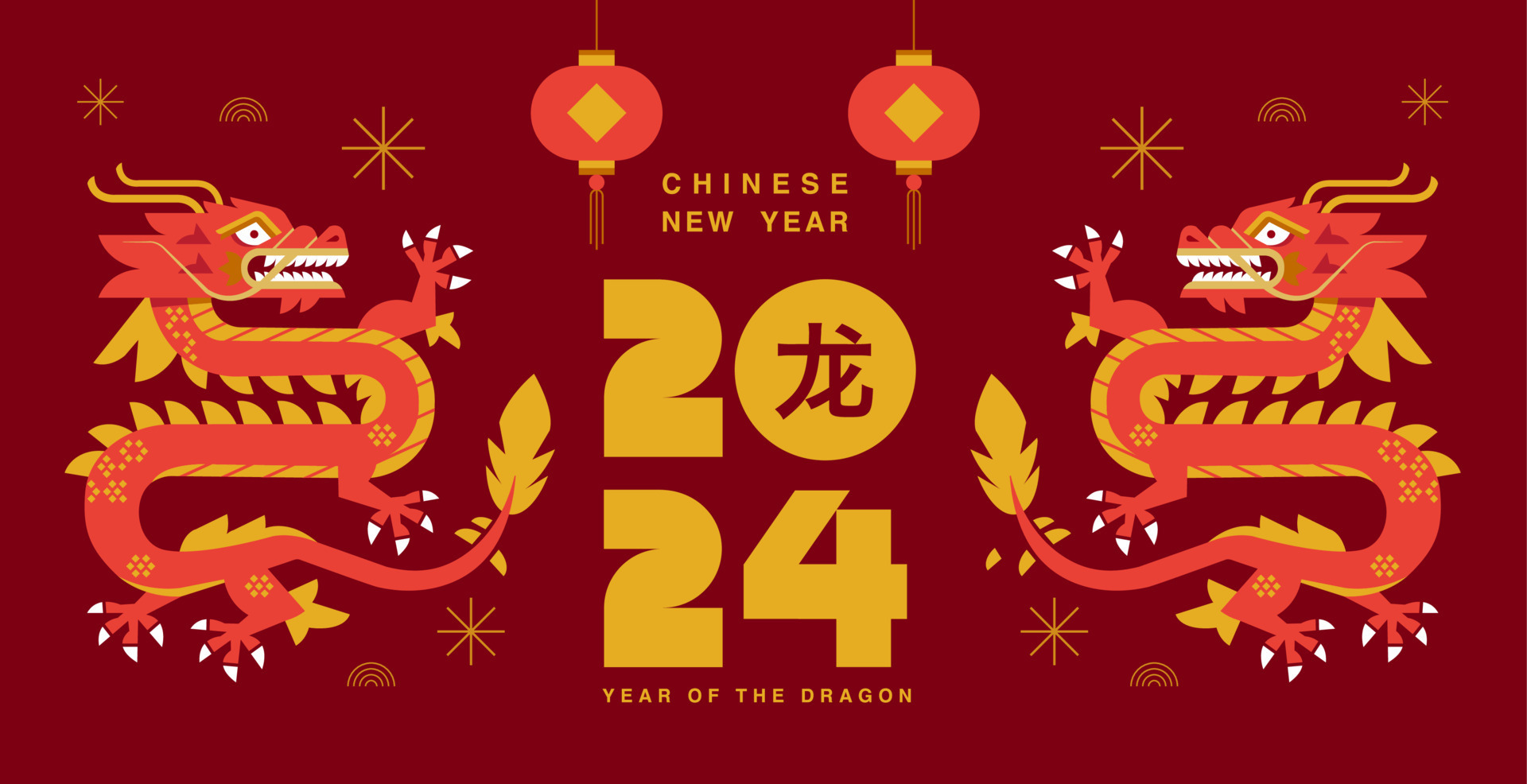What Year Is It, Really? Exploring Time's Many Faces
Have you ever stopped to truly think about what year it is? It seems like such a simple question, doesn't it? We glance at our phones, check a calendar, and there it is: a number that tells us exactly where we stand in the grand scheme of things. Yet, that number, that particular year, is just one way we mark the flow of moments. So, what year is it, for you, right now?
For most of us, when we ask "what year is it," we're probably thinking about the Gregorian calendar, which is, you know, what pretty much everyone uses today. As of right now, it's 2024 CE. This common way of tracking time helps us plan our days, coordinate with others, and keep track of big events, which is, well, pretty useful.
But what if time isn't just a straight line, always moving forward from a single starting point? What if there are other ways to count the years, other cycles, other ancient understandings that give us a completely different sense of "what year it is"? It's a rather interesting thought, don't you think? We can actually look at some very old ideas about time to get a bigger picture.
- Unveil The Latest Sports News And Discoveries For February 4 2024
- Unveiling Adam Friedlands Height Uncovering Surprising Facts
- Unveiling The Life And Impact Of Andy Cohens Husband Discoveries And Insights
- Sams Club Baby Wipes Recall 2024 Uncovering Critical Truths
- Uncover The Thrilling World Of Kenyan Sports Your Ultimate Source Of Discovery
Table of Contents
- The Current Moment: 2024 CE
- Ancient Indian Timelines and Cosmic Cycles
- Marking Time in Different Ways
- Why Does Knowing the Year Matter?
- Frequently Asked Questions About Time
The Current Moment: 2024 CE
When someone asks you "what year is it," your immediate thought, more often than not, is going to be the current Gregorian calendar year. Right now, as we're speaking, it's 2024 CE. This system, you see, helps us keep track of birthdays, holidays, and all sorts of important dates, which is, you know, pretty standard for daily life. It's the year we're living through, making new memories and, well, just getting on with things.
This common way of numbering years is very practical for global communication and planning. It allows people from different parts of the world to easily coordinate events, from big international meetings to simply knowing when a package will arrive. It’s a shared reference point, which is, in a way, quite comforting.
But, is that all there is to it? Is "what year is it" just about this one number? Not really, as a matter of fact. There are other ways to consider time, some very, very old, that give us a much broader view.
- Unveiling Mysteries Elizabeth Youssefs Illness Explored
- Unveiling The Secrets Of Sb19 Before Surgery Discoveries And Insights That Will Transform Your Surgical Journey
- Unveiling The Extraordinary World Of Batya Ungarsargon Through Wikipedia
- Unveiling The Truth Sonya Millers Journey Survivor Advocate And Master Ps Exwife
- Unlock Your Potential With Dr Sams 7second Morning Ritual
Ancient Indian Timelines and Cosmic Cycles
When you start looking beyond our everyday calendar, you find some really fascinating ways people have thought about time, especially in ancient traditions. People have actually wondered about the timelines of things like the Ramayana, Mahabharata, Vedas, and Upanishads for a very long time. These aren't just stories, you know; they're often connected to very specific, albeit sometimes debated, historical periods within a much larger cosmic framework.
My text actually brings up some of these deep questions. It talks about how people ask for these timelines, which shows a real curiosity about how ancient events fit into a bigger picture. It's not just about a single year, but about vast stretches of time, cycles that repeat, and moments that stand out within those cycles. This way of looking at time is, in some respects, quite different from our modern linear approach.
These ancient systems offer a profound sense of scale, making our current year seem like just a tiny blip. They suggest that time isn't just a straight path, but something much more intricate, perhaps even cyclical. It’s like, you know, a different kind of clock, ticking on a much grander scale.
The Yuga System: A Cycle of Ages
One of the most compelling ways ancient Indian texts describe time is through the concept of Yugas, or ages. There are four main Yugas: Satya Yuga (or Krita Yuga), Treta Yuga, Dvapara Yuga, and Kali Yuga. Each Yuga is said to have different characteristics, with a gradual decline in virtue and spiritual understanding as the cycle progresses. It's a pretty detailed system, apparently.
My text actually gives us some interesting figures related to these cycles, using our current year, 2024 CE, as a reference point. It states that, as of 2024 CE, the Treta Yuga began a staggering 2,165,125 sāvana years ago. This isn't just a random number; it really gives you a sense of the immense spans of time these ancient systems consider. It's almost mind-boggling, isn't it?
This idea of cyclical time means that "what year is it" isn't just about a point on a line, but a stage in a recurring pattern. We are currently said to be in the Kali Yuga, which is, you know, considered the last and most challenging of these ages. This perspective really changes how you might think about the present moment, offering a much deeper, more cosmic context.
The Mahabharata War: A Point in Time
Within these vast Yuga cycles, specific historical events are often pinpointed. The Mahabharata war is one such event, a really big deal in ancient Indian history and literature. People have tried to figure out its exact timing for a long, long time. My text mentions that Pandit Kota Venkatachelam, in his book "The Plot in Indian Chronology," actually gave an exact year for this war, which is, well, quite specific.
The text also gives us a clue about its placement: "36 years before the start of Kali." This detail is quite significant because it ties the war directly to the beginning of the current age, the Kali Yuga. So, if you know when Kali Yuga began, you can, in a way, work backward to pinpoint the Mahabharata war. It’s like a historical anchor, which is, you know, pretty neat for understanding these ancient timelines.
The text also gives us a little glimpse into the lives of the characters, mentioning the Pandava brothers and their ages at the time of the war, with younger ones nearly a year apart. It even talks about the "thirteenth year" of exile and playing with dice, which are direct references to the epic narrative. All these details, you see, help to place the Mahabharata war firmly within a historical, even if legendary, context, giving us a clearer sense of "what year it was" for those events.
Kalki Avatar and the Kali Yuga End
The Kali Yuga, being the final age in the cycle, naturally brings up questions about its end and what comes next. My text directly addresses this, mentioning the Kalki Avatar, who is said to be an avatar of Lord Vishnu. This figure is prophesied to appear at the end of Kali Yuga, which is, you know, a pretty big event in these traditions.
People often wonder if there's a "specific date or time which describes Kalki's birth," as my text points out. This shows a very human desire to pinpoint future events, to know "what year it will be" when these prophecies unfold. It's a natural curiosity about the future, especially when it involves such significant cosmic changes.
The text also touches on a common concern: "I heard that at the end of the Kali Yuga, the world will be destroyed." It then asks, "Will the earth be destroyed or will the entire universe be destroyed?" This really highlights the weight of these ancient prophecies and how they make people think about the very existence of everything. It's a rather profound question, isn't it, about the ultimate fate of our world and beyond.
Marking Time in Different Ways
Beyond the grand cosmic cycles and specific historical wars, people mark time in countless other ways, some very personal, some cultural, and some, well, a bit whimsical. My text, for instance, mentions a very specific date: "On 4 July 1902 (the day of his death) Vivekananda awoke early, went to the monastery at Belur Math and meditated for three hours." This isn't a cosmic event, but a very human, very precise historical moment, which is, you know, quite poignant.
Then there's the mention of "Welcome to the year of the raptor see what’s in store for Hearthstone’s upcoming year, starting soon." This is a completely different kind of "year." It's a thematic year within a game, a period marked by specific content and events for its players. It shows that "what year is it" can also refer to cycles within our hobbies and entertainment, which is, in a way, pretty cool.
These varied examples just show how flexible our concept of a "year" can be. It can be a global calendar year, a vast cosmic age, a specific historical date, or even a themed period in a game. Each one, in its own context, helps us organize our experience of time, which is, you know, pretty essential for making sense of things. You can learn more about timekeeping systems on our site, if you want to explore further.
Why Does Knowing the Year Matter?
So, why do we bother asking "what year is it" at all? Why do we spend so much energy trying to pinpoint ancient events or predict future ones? It's more than just a matter of dates; it's about our place in the world, our history, and our future. Knowing the year, in any of its forms, gives us a sense of continuity and connection.
It helps us understand where we come from, like learning about the Treta Yuga starting millions of years ago, or knowing the approximate date of the Mahabharata war. These historical markers, you see, help us build a narrative of human experience. It's like, you know, finding your spot on a really long timeline.
And then there's the future. Questions about the Kalki Avatar or the end of Kali Yuga show our deep human desire to understand what lies ahead. It’s not just about predicting, but about preparing, about reflecting on our actions in the present moment. This page explores various perspectives on future events, too, if you're interested.
Frequently Asked Questions About Time
How do different cultures track the year?
Well, many cultures actually use different calendars, not just the Gregorian one we commonly use. Some follow lunar cycles, like the Islamic calendar, while others are lunisolar, like the Chinese or Hebrew calendars. Each one starts its "year" at a different point and counts differently, which is, you know, pretty diverse.
What is the significance of the Yuga cycles in understanding time?
The Yuga cycles, in ancient Indian thought, offer a very different way to see time, not as a straight line, but as a recurring, very long pattern of ages. They suggest a gradual decline in virtue and knowledge through these ages, which is, you know, a pretty profound concept. It gives a cosmic scale to human history, really.
Will the world truly be destroyed at the end of Kali Yuga?
My text actually brings up this very question. In many ancient traditions, the "destruction" at the end of Kali Yuga is often understood more as a transformation or a reset, rather than a complete annihilation of everything. It's often seen as a period of renewal before the next cycle begins, which is, you know, a bit more hopeful than just total destruction.
- Aaron Earned An Iron Urn
- Rios Cerca De Mi
- Uncovering The Heartwarming Story Mike Miles Parents Meet Mother Jeanee Miles
- Bianca Lawson Unraveling The Enigma Of Motherhood
- Dark Hair With Highlights

The 2024-2025 AISD Traditional School Year Calendar and ADSY Calendar

New Year, Year 2024, Greeting Card Free Stock Photo - Public Domain

Year Of 2025 Animal - Ruth J Pruett